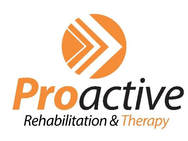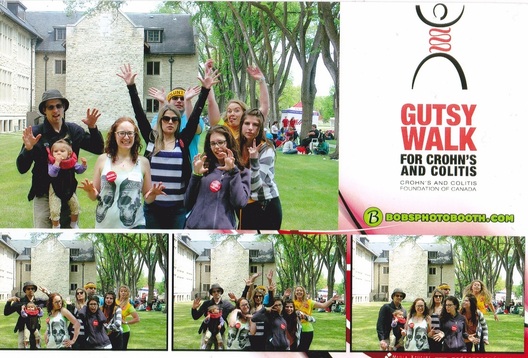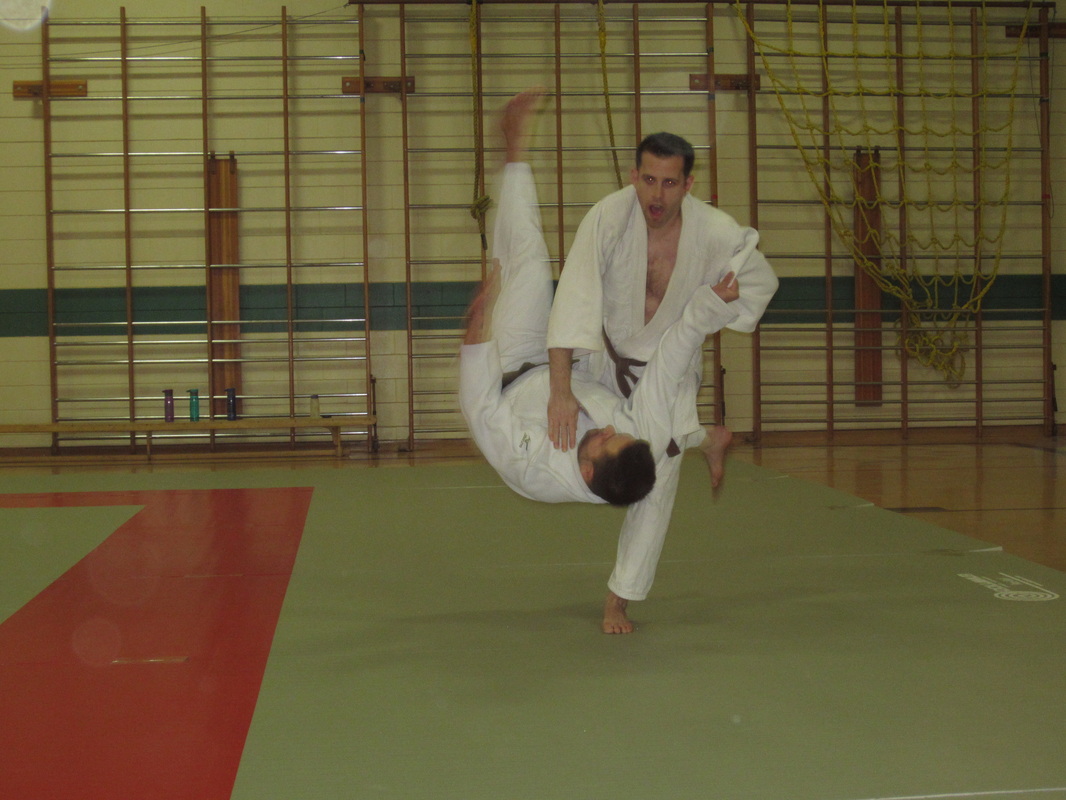On June 8th, 2014 I participated in my first Gutzy Walk. As a newly appointed member of the volunteer planning group I wanted to experience this major funding event. I was also curious in a scientific way about "the cure" for which everyone was gathering together to raise money.
The event planned by the Crohn's and Colitis Foundation of Canada had something enjoyable to offer for everyone. There was a live band, BBQ and food, free photos, a dog show, face painting, etc. I found the volunteers friendly and helpful. It was definitely a function for the whole family and I regretted not bringing all of my children.
There was optimism in the crowd about finding "the cure". I overheard many families exchanging stories about medications that were currently helpful for symptom control. One mother asked her eight year old son if he was satisfied using Remicade. His reply was less than enthusiastic, but he agreed while looking sadly down at the ground that it was helping.
I walked though the throngs of people and engaged in discussions about Crohn's and Colitis management. Nearly everyone I spoke to was relying almost solely on medications or surgery for symptom management. None of them, however, considered their current medications to be "the cure".
I pondered the phenomenon of annual fundraisers as I drove home in rain that held out to the last few minutes of the event. It certainly seemed important to continue efforts in raising funds towards finding new scientific discoveries that will guide sufferers along the road to recovery. The Gutsy Walk while not as successful as previous years earned $20,000 in one day towards inflammatory bowel disease research.
While I affirmed the value of the fundraiser, I also felt disappointed. I wondered about all the years of research that have already been paid for. What have we learned from the research of yesterday? From the Gutsy Walks of years gone by? Who are we paying to compile the thousands of studies that have already been completed? Is "the cure" truly waiting to be discovered... or is it already here? Maybe recovery doesn't look like a pill we take for the rest of our lives? Maybe our genetics aren't flawed and in need of chemical support?
I believe recovery is about learning how to help our bodies along... learning how to take better care of ourselves so that healing can occur.
http://crohnsandcolitiscanada.akaraisin.com/Common/Event/Home.aspx?seid=8140&mid=8
The event planned by the Crohn's and Colitis Foundation of Canada had something enjoyable to offer for everyone. There was a live band, BBQ and food, free photos, a dog show, face painting, etc. I found the volunteers friendly and helpful. It was definitely a function for the whole family and I regretted not bringing all of my children.
There was optimism in the crowd about finding "the cure". I overheard many families exchanging stories about medications that were currently helpful for symptom control. One mother asked her eight year old son if he was satisfied using Remicade. His reply was less than enthusiastic, but he agreed while looking sadly down at the ground that it was helping.
I walked though the throngs of people and engaged in discussions about Crohn's and Colitis management. Nearly everyone I spoke to was relying almost solely on medications or surgery for symptom management. None of them, however, considered their current medications to be "the cure".
I pondered the phenomenon of annual fundraisers as I drove home in rain that held out to the last few minutes of the event. It certainly seemed important to continue efforts in raising funds towards finding new scientific discoveries that will guide sufferers along the road to recovery. The Gutsy Walk while not as successful as previous years earned $20,000 in one day towards inflammatory bowel disease research.
While I affirmed the value of the fundraiser, I also felt disappointed. I wondered about all the years of research that have already been paid for. What have we learned from the research of yesterday? From the Gutsy Walks of years gone by? Who are we paying to compile the thousands of studies that have already been completed? Is "the cure" truly waiting to be discovered... or is it already here? Maybe recovery doesn't look like a pill we take for the rest of our lives? Maybe our genetics aren't flawed and in need of chemical support?
I believe recovery is about learning how to help our bodies along... learning how to take better care of ourselves so that healing can occur.
http://crohnsandcolitiscanada.akaraisin.com/Common/Event/Home.aspx?seid=8140&mid=8



 RSS Feed
RSS Feed